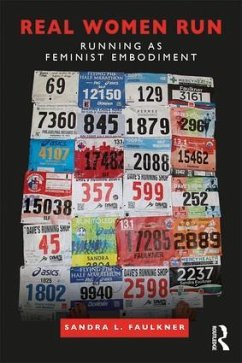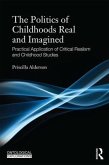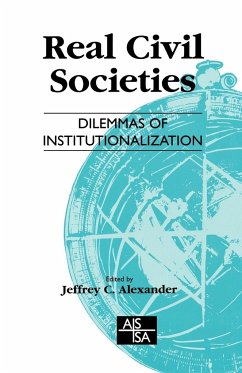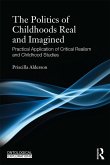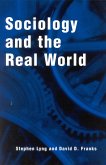Real Women Run is an innovative feminist ethnography that consists of a series of linked essays and presentations about women who run at the intersections of queer, feminist, and running identities. Faulkner uses feminist grounded theory, poetic inquiry, and qualitative content analysis to examine women's embodied stories of running: how they run, how running fits into the context of their lives and relationships, how they enact or challenge cultural scripts of women's activities and normative running bodies, and what running means for their lives and identities. During a two-and-a-half-year ethnography with women who run, Faulkner engaged in an intersectional qualitative content analysis of websites and blogs targeted to women runners, a grounded theory poetic analysis of 41 interviews with women who run, and participant observation at road races. Real Women Run speaks to the call for a more physical feminism. This ethnography sees women's physical and mental strength developed through running as a way to embrace the contradictions between a deconstructed focus on the mind/body split and the focus on individuals' actual material bodies and their everyday interactions with their bodies and through their bodies with the world around them.
Hinweis: Dieser Artikel kann nur an eine deutsche Lieferadresse ausgeliefert werden.
Hinweis: Dieser Artikel kann nur an eine deutsche Lieferadresse ausgeliefert werden.

